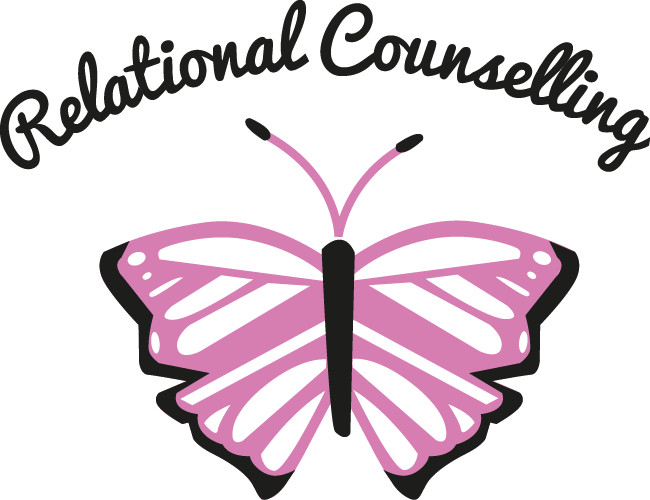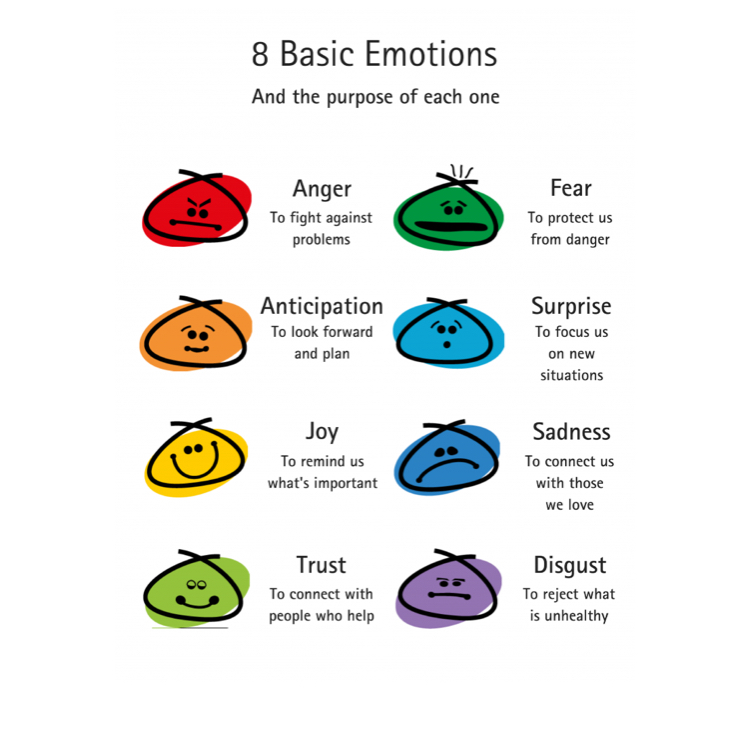Word of the month: Emotions.
It is a commonly held belief in CBT that situations that affect us are processed in a cause-and-effect action and cyclically. Our thoughts about a situation lead to our feelings/emotions regarding that situation. Which in turn affects our behavior, ultimately causing a physical response such as heart palpitations or sweating. Knowing this is important as our reactions to stimuli are affected by our perspectives. Perspectives affect not only our interpretations to a problem but also the outcome. CBT allows a person to intersect their thoughts and gain a better comprehension of the reality of how they are feeling, gaining a deeper understanding of themselves and ultimately work towards a more positive outlook.
“For there is nothing either good or bad, but thinking makes it so”
(Hamlet, Act 2, Scene 2)
The key to understanding ourselves lies in how we feel, which is why I am thinking about emotions this month.
Emotions in their very nature are complicated, they are the building blocks of what makes us unique and serve an important role in our survival. I am sure everyone has heard of fight or flight and less commonly known, freeze. Whatever category you may put yourself in when responding to a potential threat, fight flight and freeze are the behavioral responses to the emotions that we feel.
What has been an emotion that's recently been prevalent in your life?
Our mental well-being is rooted in our emotions, and without an understanding of what it is that we are feeling, we can not make the first step towards rectifying it. Theory dictates that we are born with 8 primary emotions. These are: “Anger, Sadness, Fear, Joy, Interest, Surprise, Disgust and Shame”. As stated, “You are born with these emotions wired into your brain. That wiring causes your body to react in certain ways and for you to have certain urges when the emotion arises”. This is not to dissimilar to the theory stated before regarding CBT.
This sounds simple enough, but this is the very tip of categorizing how we feel. Humans have evolved and developed much more complexity since our first iterations. We now have social relationships more involved than what was required before. We have life partners and families and a large percentage of the population no longer struggle to receive our base physical needs. This means we can develop ourselves emotionally. however, this requires recognition. Boredom itself is an extension of frustration which is also an extension of the base emotion anger.
A base emotion can act as a catalyst for the growth of other emotions. There are other emotions aside from the base 8 which are extensions/combinations of the existing ones. Like a colour wheel.
Like mentioned above, emotions can cause secondary emotions. When angry, it is not uncommon for people to become irrational and impulsive as they are currently consumed by how they feel. If not controlled, this may lead to a feeling of embarrassment later for that person. While the science of the emotion itself is ingrained into our brains, the way we enact on that emotion can be influenced by our environment, which is another aspect considered within the counselling room.
While confusion itself is an emotion, feelings can also cause confusion. Counselling allows for a space to unpack these and begin a plan of healing. When we feel down for whatever reason, it can be hard to pinpoint exactly why. Creating unseen links that may lay dormant in our psyche and subconscious is what allows for emotional growth and maturity.
Sometimes it can be hard to change how we feel as our environment or taught behavior becomes the limiting factor stopping someone from reaching their goal of becoming a more emotionally rounded person. However, it is the journey, not the end goal that matters. There is a general misconception that counselling is a cure; that someone who attends a few sessions will be healed. However, it is more of a stepping point to understanding our inner emotions, therefore understanding ourselves. Taking that first step towards healing is what counselling allows for. Its goal is to empower ourselves to push towards making the changes we want in our lives, but it’s a change that ultimately begins with our emotions.
- By Patrick
References
About Emotions [online] Available at: https://www.jmu.edu/counselingctr/files/About%20Emotions.pdf [Accessed on: 19th July 2021]
Ten Quotes That Sum Up CBT Perfectly [online] Available at: https://www.danielfryer.com/2015/10/15/ten-quotes-that-sum-up-cbt-perfectly/ [Accessed on: 19th July 2021]




